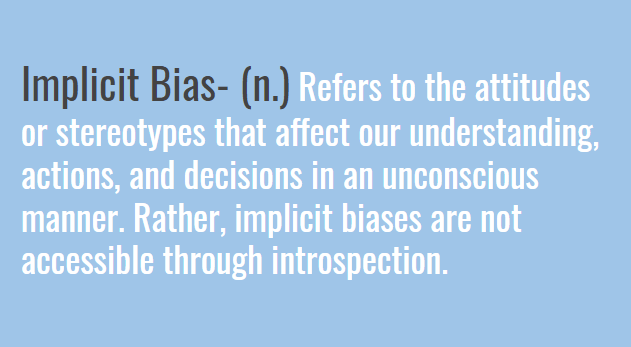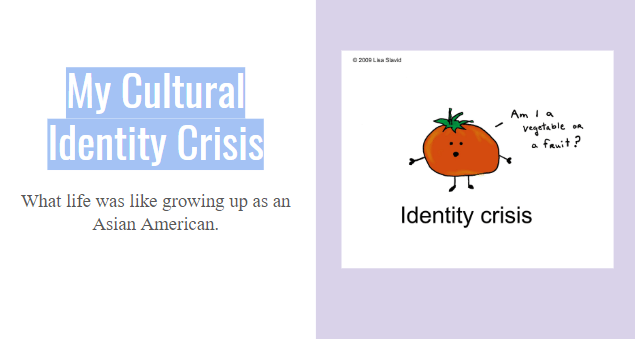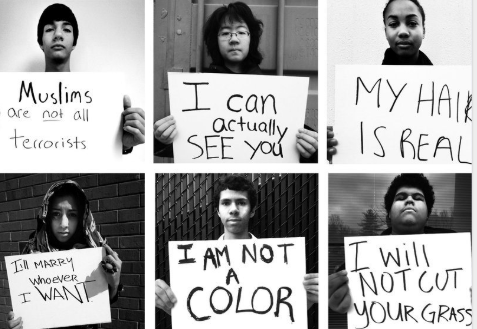When Megan Chen was accepted into the Dual School program, she planned to focus her project on cultural identity.
“I wanted to start prototyping a monthly ‘culture’ class to young students in the elementary school,” Chen wrote in a post on her blog, Finding Yourself.
But, she continued: “After thinking about what I would be teaching them, I decided that this was completely against what I wanted to accomplish. By teaching children that China is just ‘Chinese New Year’ and showing them foods such as rice and dumplings, that is simply reinforcing many stereotypes.
“When I got to the root, I found that what I really wanted to do was break stereotypes and change people’s biases toward other groups of people,” she wrote.

“I wanted to create a book for children for so many reasons,” Chen, a student at Newark Charter, said in an interview with Technical.ly. “I believe that the older one gets, the more these stereotypes are ingrained in their mind — from a very young age I want to teach children that everyone is different, but that does not make anyone less than anyone else. People often try to pretend that everyone is just one race or color, but that’s not true, and diversity is such a beautiful thing. I believe that children are able to take in so much more, so I want this message to impact them the most.”

The picture book, illustrated by Amberly Tran, is currently called “The Unknown Jungle” and includes classroom activities and a mini lesson about implicit bias and stereotyping.
“My illustrator is one my best friends,” Chen said. “She does the character design while I draw the backgrounds and add all of the color.”

On her blog, Chen is open about what she calls her “cultural identity crisis,” which has, in part, fueled the project:
“Many people in this day and age have problems identifying where they fit-in. Am I Chinese or am I American? Am I Indian because my parents were from there, or am I American? Should I give up my cultural roots so I can try to ‘fit-in’? These are questions that are asked by people everyday. Why is it that one race is “more American” than another when we are all immigrants?
“I think the problem lies in how we are educated and raised from a very young age. I personally, have dealt with this problem all of my life. Finding where I fit into society and what I should give up so that others can accept me. I see racism around me everyday: to me, to my family, and to my friends. This is a very serious problem in itself, but it can lead to even more dangerous issues and that is why I am passionate to solve it head on.”
The book, which Chen plans to spread to elementary schools in the area in addition to making it available on Amazon, will have an initial self-published release around late summer or early fall.
“In the meantime, I am also in the process of contacting a literary agent who can hopefully help me reach some larger publishers,” Chen said. “Ultimately, I hope to turn this book into a learning tool and include many other components that make it more of a mini curriculum on implicit bias, stereotypes and diversity.”







